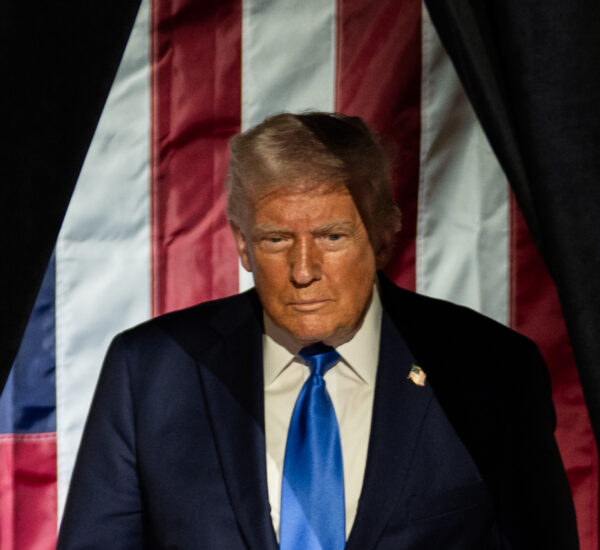GOP Worried About Trump’s Tax Cut Plan
House Republicans are taking a firm stance against Senate GOP leaders when it comes to extending the Trump-era tax cuts, set to expire at the end of 2025. As negotiations unfold, a key debate is emerging over the duration of the extension. House conservatives, mindful of the nation’s ballooning debt, are advocating for a shorter, more fiscally responsible solution, such as a four-year extension, to avoid a massive spike in the federal deficit. With the national debt nearing $36 trillion, a 10-year extension of the tax cuts could add an alarming $4 trillion to the deficit, a scenario that fiscal hawks in the House are reluctant to support.
House leaders like Speaker Mike Johnson (R-La.), Ways and Means Chairman Jason Smith (R-Mo.), and Budget Chairman Jodey Arrington (R-Texas) understand the delicate balance they must strike. With a slim majority in the House, they cannot afford to lose support from their conservative wing, who are wary of anything that could increase the deficit. These Republicans are advocating for a tax package with a smaller price tag, one that would score lower in the deficit projections, and ideally require fewer offsetting cuts to government spending.
In contrast, Senate Republicans, led by Majority Leader John Thune (R-S.D.), are pushing for a longer extension, preferably 10 years, to provide individuals and businesses with greater certainty. Thune, a key architect of the 2017 tax reform, has made it clear that a 10-year extension is his ideal goal. However, he also recognizes the importance of reaching a compromise with the House. Thune recently acknowledged that the final plan will need to reflect what can realistically pass in both chambers, particularly in light of the fiscal constraints that House Republicans face.
The budgetary scoring of the tax cuts is a major point of contention. Senate Republicans, including Sen. Mike Crapo (R-Idaho), who will soon chair the powerful Senate Finance Committee, are pushing for a creative solution: treating the tax cuts as a continuation of current policy rather than a new tax cut. This approach would lower the deficit impact in official budgetary projections, a tactic that could make it easier to pass the extension. Crapo has argued that the current budget scoring system, which treats the expiration of the Trump cuts as a tax increase, is flawed and misleading.
However, some conservatives are pushing back against this idea, calling it a “gimmick” that doesn’t address the underlying issue of government spending. They argue that any extension of tax cuts must be paired with real spending cuts to avoid worsening the deficit. This concern is especially pronounced given the size of the national debt, which is primarily driven by unchecked government spending.
As Republicans in both chambers continue their discussions, the stakes are high. A tax package that adds trillions to the deficit without meaningful spending reductions risks alienating fiscally conservative members, particularly in the House. With a razor-thin majority, Speaker Johnson and other leaders must carefully navigate these divisions to avoid a scenario where a few defections could sink the bill. Furthermore, the GOP’s narrow margin in the House means that Democrats will likely oppose any tax cuts, making GOP unity crucial.
In the coming months, Republicans will have to decide whether to pursue a bold, long-term extension of the Trump tax cuts or a more modest, short-term solution that aligns with fiscal conservatism. Either way, the final decision will have significant implications for the party’s fiscal future and its ability to deliver on key policy promises.







I see NOTHING wrong with wanting to MAKE AMERICA GREAT AGAIN. The DEMOCOMMUNISTS and RINOS have tried tirelessly to DESTROY this country, spit on our Constitution, and turn it into a COMMUNIST-CONTROLLED, third-world, illegal alien and radical muslim infested, banana republic cesspool.